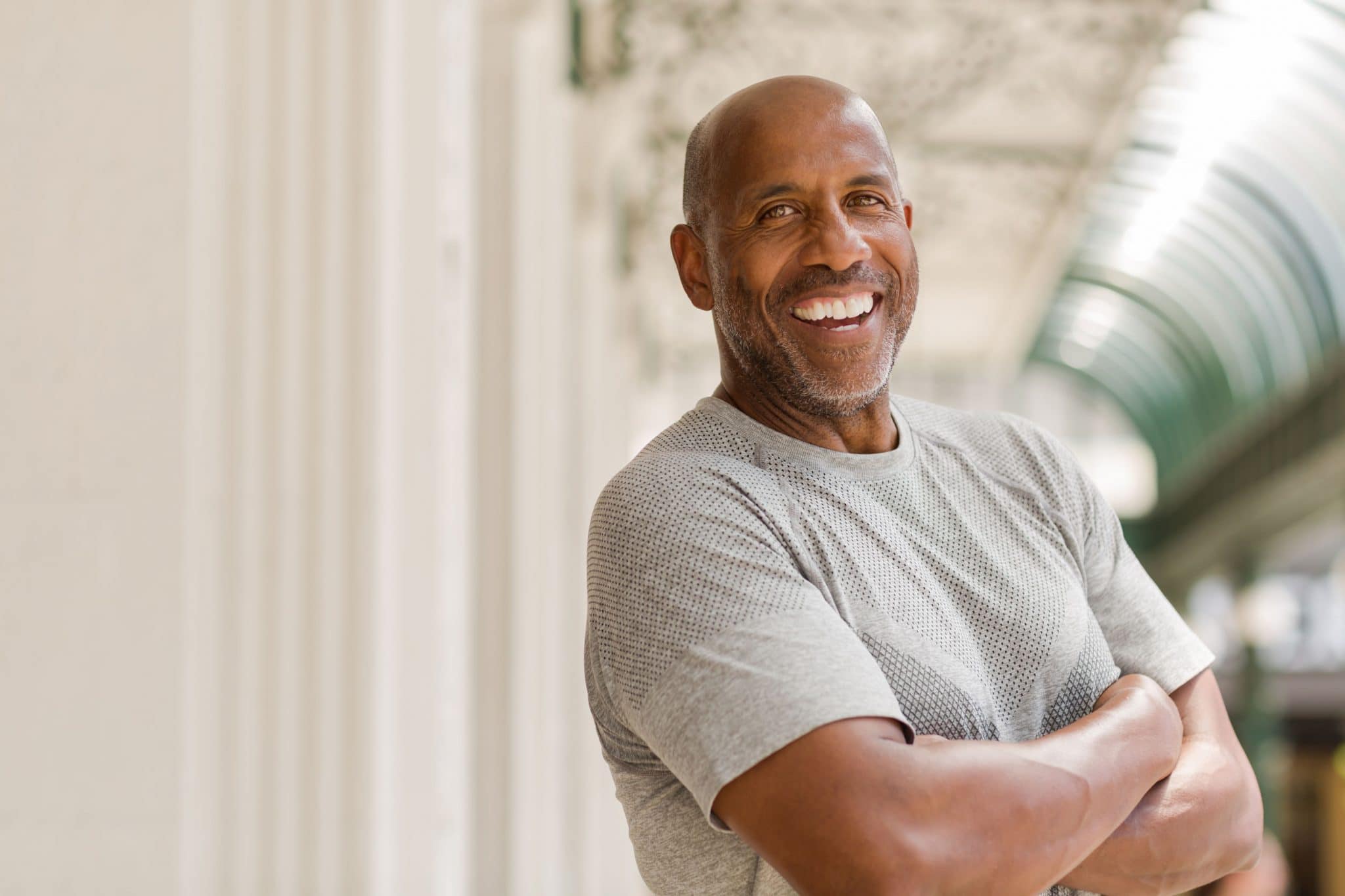Exercise and Cancer
Exercise and Cancer


WHY IS EXERCISE IMPORTANT?
- Strengthen your muscles and bones, and improve circulation
- Help maintain or achieve a healthy weight
- Improve energy levels
- Improve mobility and balance
- Improve appearance and self-esteem
- Help you cope with stress, anxiety, and depression
- Possibly meet people and socialise
Reduce the risk of, or help to manage other conditions that may worsen how you feel or the outcome of your cancer:
- High blood pressure
- Heart disease
- Stroke
- Diabetes
- Osteoporosis
Most importantly, adults should try and aim for at least 30 minutes of exercise on most, if not all seven, days of the week. Guidelines recommend a weekly total of 2.5 to 5 hours of moderate-intensity exercise, along with strength-training (resistance) activities twice a week. What is at least important is breaking up long periods of sitting as often as you can. So maybe a walk around the garden or your block would also be good if that’s all you can manage. You might even find you develop new exercise habits that will improve your lifestyle long after your cancer is a distant memory.
SAFETY TIPS FOR EXERCISING WITH CANCER
- If you’re going out to exercise, let someone know when you’ll be back or take a phone with you in case you need to call them for help.
- Start any new exercise programme slowly, increasing your activity gradually – you’re not looking to break any records right now.
- Your muscles might feel a little sore at first, but this should go away in a few days – if not, inform your doctor.
Should you experience any of these symptoms while exercising, stop the activity immediately and call for urgent medical assistance:
- Pain or pressure in your chest
- Pain down your arms
- Severe shortness of breath
- Dizziness or fainting
- Irregular or unusual heartbeat
- Nausea and/or vomiting
- Extreme weakness or fatigue
WILL EXERCISE REALLY MAKE A DIFFERENCE?
QUESTIONS TO ASK YOUR DOCTOR
- Can you exercise during this treatment?
- Are there any types of exercise you shouldn’t do?
- What precautions should you take if you have a port/PICC line and/or chemo pump?
- If you’ve never really exercised, should you have a check-up first?
- Can they recommend an exercise professional who has experience with cancer patients?
Make sure you check on the qualifications of any trainer you engage to help you and ensure that they understand your medical condition.
KEEP TRACK OF YOUR EXERCISE







